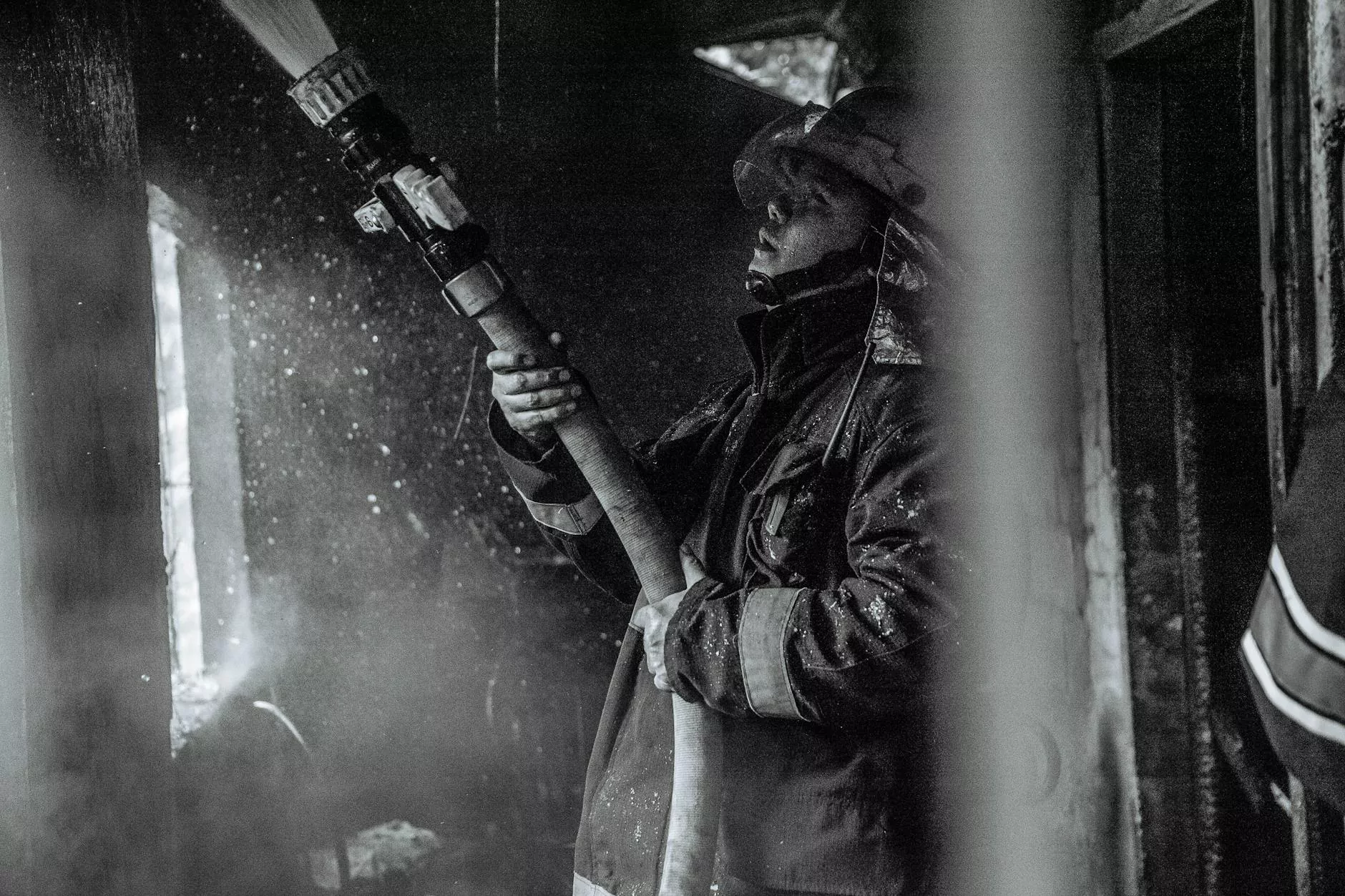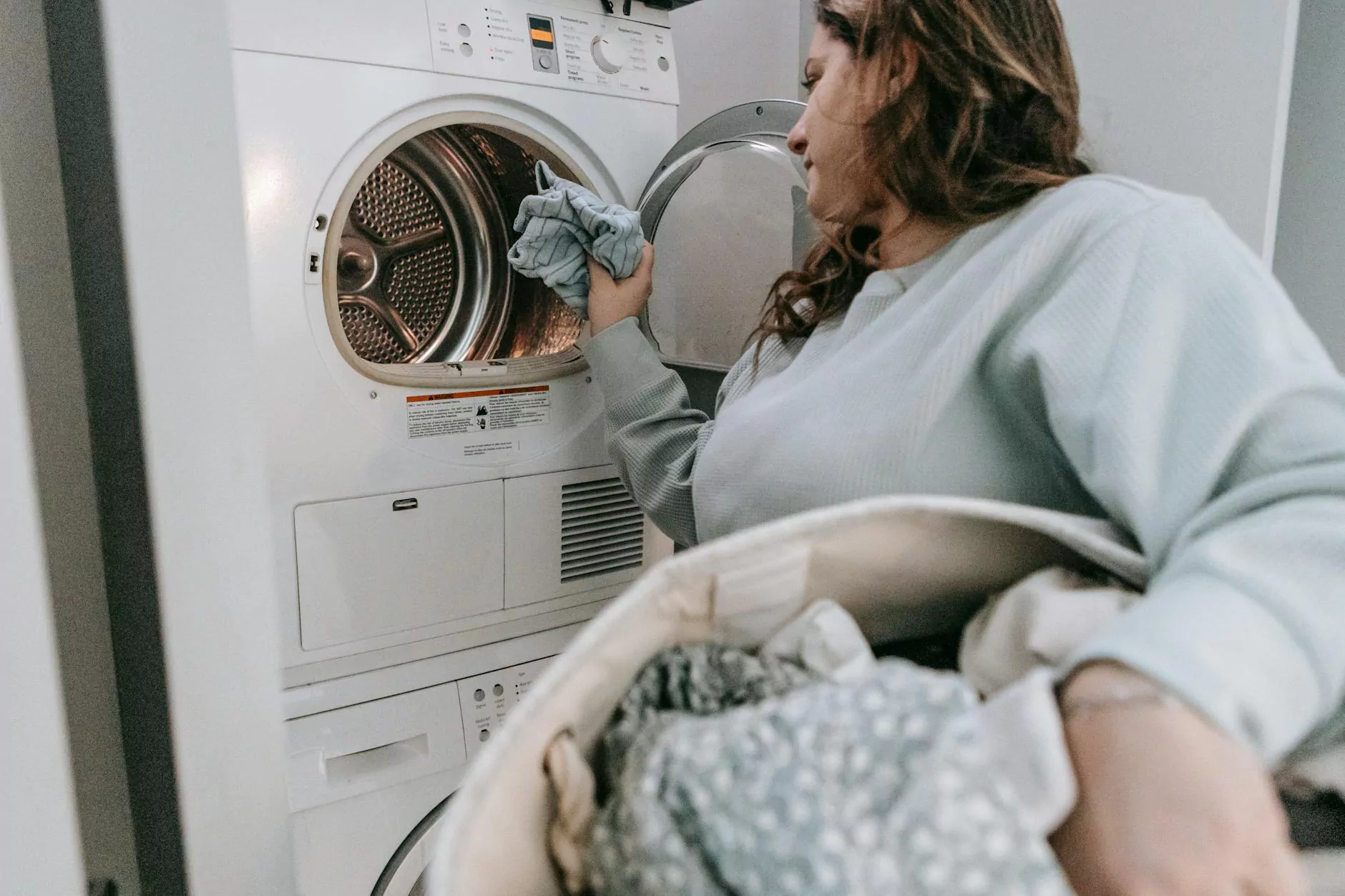Protecting Your Water Pipes from Freezing: A Comprehensive Guide

Introduction
Welcome to White Plumbing Company, your trusted partner in home services, specifically plumbing and water heater installation/repair. In this comprehensive guide, we will explain the importance of protecting your water pipes from freezing and provide you with valuable insights and practical tips to help you safeguard your home.
The Dangers of Frozen Water Pipes
When temperatures drop, the risk of water pipes freezing significantly increases. The expansion of frozen water can cause pipes to crack or burst, leading to extensive water damage in your home. Repairing such damage can be time-consuming and costly. Additionally, the disruption to your daily routines can cause significant inconvenience. Taking preventive measures is crucial to avoiding these potential problems.
Understanding the Causes
Before diving into prevention methods, it is essential to understand the primary causes of water pipes freezing. Poor insulation, exposure to cold air, and inadequate heating are some of the common culprits. Exterior pipes, such as those found in garages, attics, and crawl spaces, pose an even higher risk due to their vulnerability to extreme temperatures.
Prevention Tips
Now that we understand the risks and causes, it's time to learn how to safeguard your water pipes from freezing. Follow these tips provided by the experts at White Plumbing Company:
1. Insulate Exposed Pipes
Start by identifying any exposed pipes in your home and insulate them using foam insulation sleeves. These sleeves act as a protective barrier, preventing the cold air from affecting the pipes. Pay particular attention to pipes located in unheated areas, such as basements or crawl spaces.
2. Seal Drafts
Inspect your home for any drafts and seal them. Even a small gap can allow cold air to infiltrate your home and affect your pipes. Use weather-stripping or caulk to seal doors, windows, and any other areas where drafts are noticeable.
3. Keep the Heat On
During colder months, it is essential to maintain a consistent heat supply in your home. Set your thermostat to a consistent temperature, even when you are away. This will help ensure that your pipes remain warm enough to prevent freezing.
4. Let Faucets Drip
In extreme cold weather, allow faucets connected to vulnerable pipes to drip slightly. This continuous flow of water helps relieve pressure build-up and reduces the chances of freezing. Although it may increase your water bill slightly, it is a small price to pay compared to the cost of dealing with burst pipes.
5. Keep Interior Doors Open
Maintain good airflow throughout your home by keeping interior doors open. This allows heat to circulate freely and helps maintain consistent temperatures in different areas, reducing the risk of freezing.
6. Drain Exterior Pipes
If you have any exterior pipes, such as those used for irrigation or outdoor faucets, it is crucial to drain them before temperatures drop. Turn off the water supply to these pipes and open the faucets until all water has been drained. This prevents any remaining water from freezing and causing damage.
7. Consider Pipe Heating Cables
If you reside in an area with extremely low temperatures, you may want to invest in pipe heating cables. These cables wrap around vulnerable pipes and provide a constant source of heat, preventing freezing. Consult with a professional plumber, such as White Plumbing Company, to assess whether these cables are suitable for your needs.
Conclusion
Protecting your water pipes from freezing is vital to safeguard the integrity of your home. By following the preventive measures outlined above, you can minimize the risk of frozen pipes and avoid potential water damage. Remember, when it comes to plumbing and water heater installation/repair, you can always rely on White Plumbing Company for exceptional service and expertise. Stay warm, stay informed, and stay protected!









